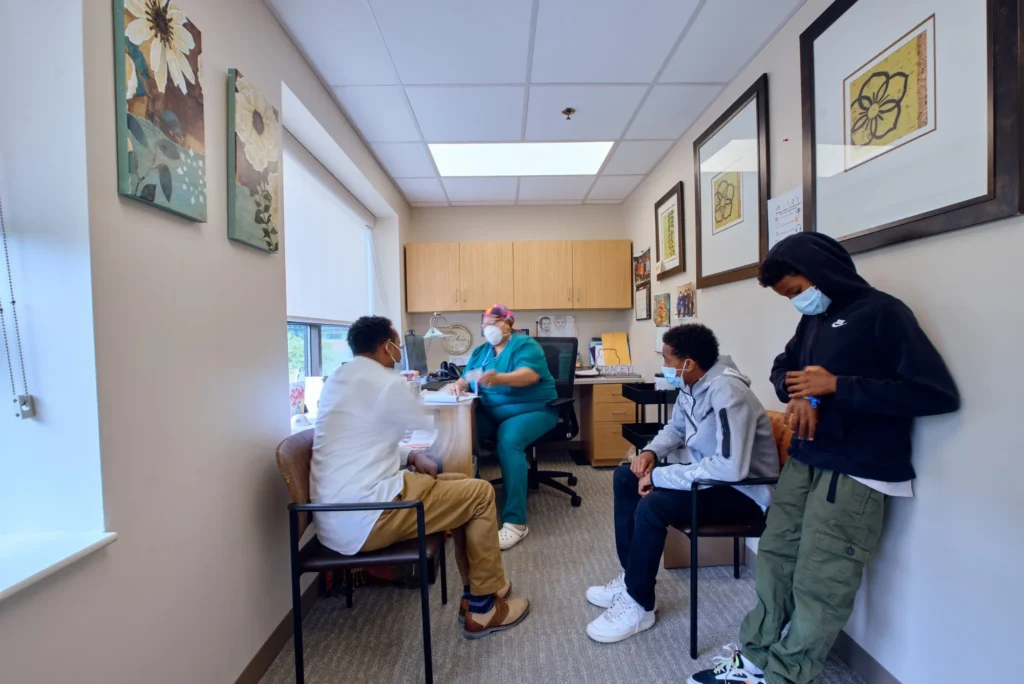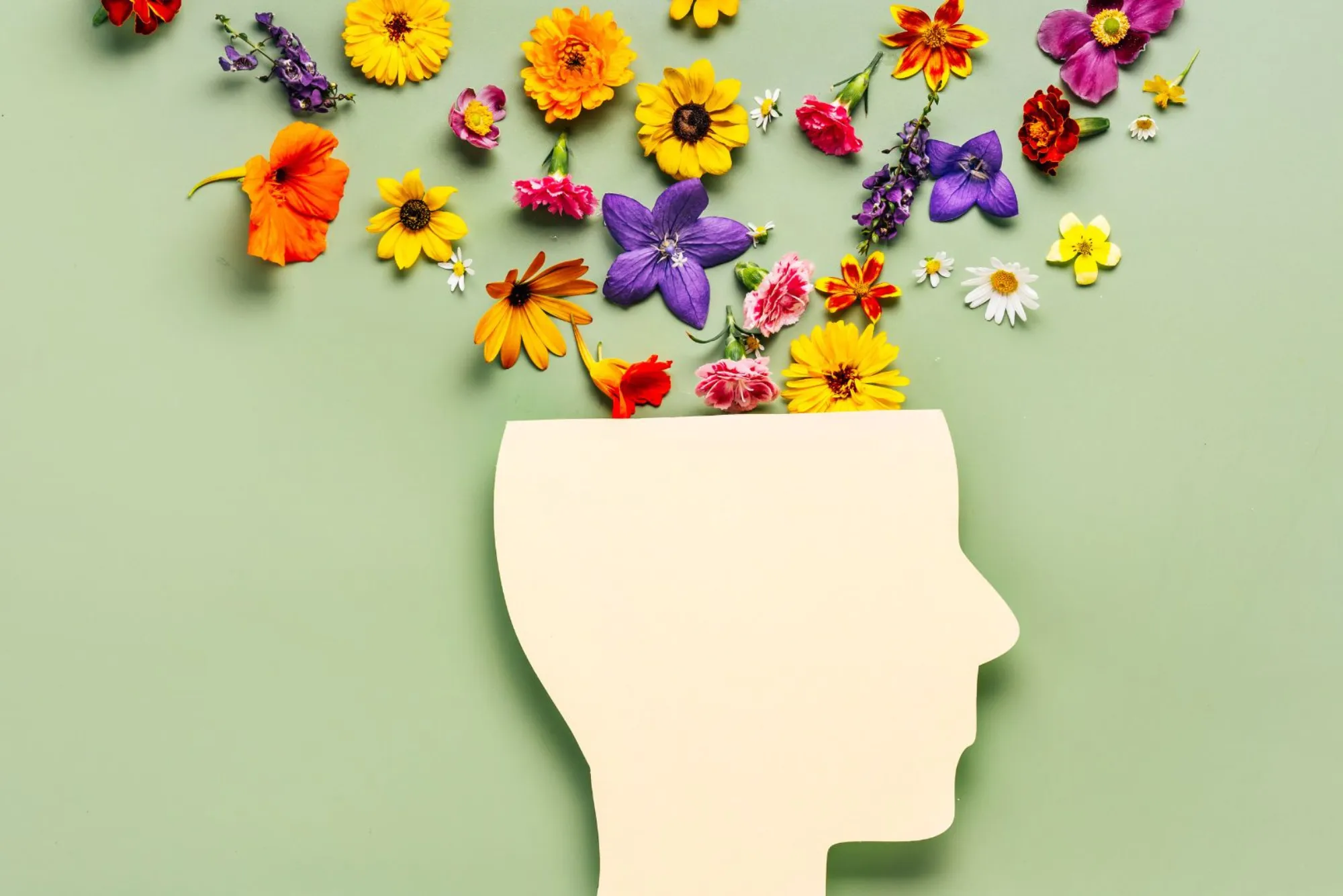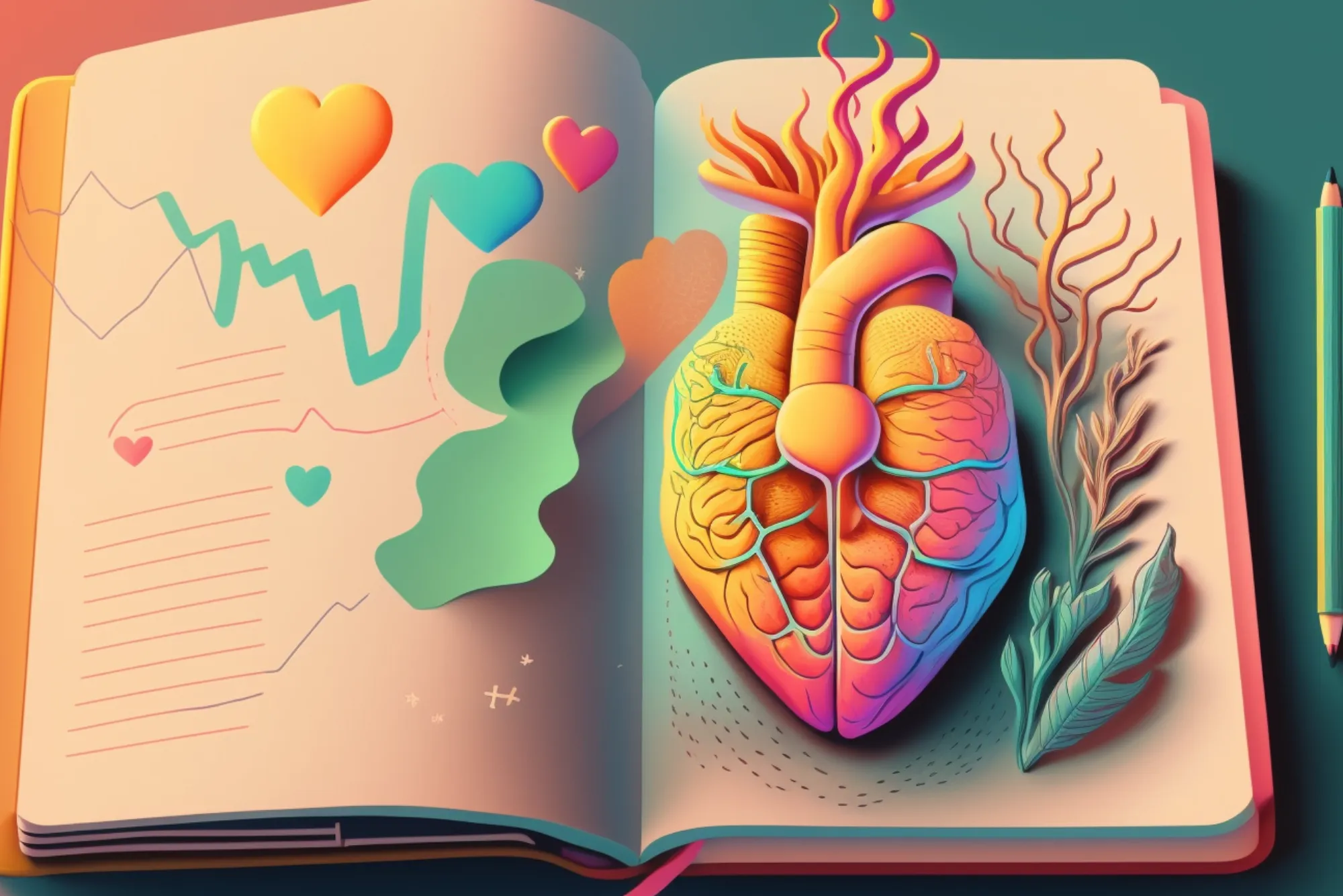Community mental health refers to a system of care that provides mental health services to individuals within their local communities. These services aim to improve the mental well-being of community members by offering accessible and comprehensive care. Health centers and Marijah clinics play a crucial role in delivering these services, ensuring that individuals receive the support they need close to home.
II. Historical Background
Evolution of Community Mental Health
The concept of community mental health has evolved significantly over the past century. Initially, mental health care was primarily provided in large, centralized institutions. However, the deinstitutionalization movement of the mid-20th century shifted the focus towards community-based care, emphasizing the need for services that integrate individuals into their communities.
Key Legislation and Policies
Key legislative acts, such as the Community Mental Health Act of 1963 in the United States, laid the foundation for the development of community mental health centers. These policies aimed to provide funding and support for local mental health services, promoting a more decentralized approach to mental health care.
Role of Health Centers and Marijah Clinics in Historical Context
Health centers and Marijah clinics have been integral to the success of community mental health initiatives. These facilities provide a range of services, from preventive care to treatment and rehabilitation, ensuring that mental health support is accessible to all community members.
III. Components of Community Mental Health
Prevention and Education
Preventive measures and educational programs are essential components of community mental health. These initiatives focus on raising awareness about mental health issues, reducing stigma, and promoting early intervention.
Treatment and Counseling
Health centers offer various treatment and counseling services, including individual therapy, group therapy, and medication management. Marijah clinics, known for their holistic approaches, provide culturally sensitive care tailored to the unique needs of their communities.
Rehabilitation and Recovery Support
Rehabilitation and recovery support services help individuals regain their independence and reintegrate into their communities. These services often include vocational training, peer support groups, and community-based rehabilitation programs.
Community Outreach and Engagement
Community outreach and engagement efforts aim to connect individuals with the resources they need. Health centers and Marijah clinics often collaborate with local organizations to ensure comprehensive support for community members.
IV. Services Provided by Community Mental Health Centers
Overview of Typical Services
Community mental health centers offer a wide range of services, including crisis intervention, case management, and psychiatric services. These facilities are designed to meet the diverse needs of their communities.

Specialized Services at Health Centers
Health centers provide specialized services such as substance abuse treatment, family counseling, and integrated care for co-occurring disorders. These services ensure that individuals receive comprehensive and coordinated care.
Unique Offerings at Marijah Clinics
Marijah clinics often offer unique programs and initiatives, such as traditional healing practices and culturally specific mental health interventions. These clinics prioritize culturally relevant care to better serve their communities.
V. Benefits of Community Mental Health Programs
Accessibility and Affordability
Community mental health programs improve accessibility and affordability of mental health care. By providing services within local communities, health centers and Marijah clinics reduce barriers to care.
Integrated Care Approaches
Integrated care approaches involve the coordination of physical and mental health services. Health centers and Marijah clinics work together to provide holistic care, addressing both mental and physical health needs.
Impact on Individuals and Families
Effective community mental health programs have a positive impact on individuals and their families. By offering comprehensive support, these programs help individuals lead healthier, more fulfilling lives.
VI. Challenges and Barriers
Funding and Resource Limitations
One of the primary challenges facing community mental health programs is funding. Limited resources can hinder the ability to provide comprehensive services.
Stigma and Public Perception
Stigma and public perception remain significant barriers to accessing mental health care. Efforts to reduce stigma through education and awareness are crucial.
Workforce Shortages
Workforce shortages, particularly in rural areas, can limit the availability of mental health services. Recruiting and retaining qualified mental health professionals is a critical challenge.
Case Study: Overcoming Challenges in Health Centers and Marijah Clinics
Health centers and Marijah clinics have developed innovative strategies to overcome these challenges. For example, some clinics have implemented telehealth services to reach underserved populations.
VII. The Role of Health Centers in Community Mental Health
Health Centers as Primary Access Points
Health centers often serve as the primary access points for mental health services. These centers provide a range of services, from preventive care to treatment and rehabilitation.
Collaboration with Marijah Clinics
Collaboration between health centers and Marijah clinics enhances the delivery of mental health services. By working together, these facilities can offer more comprehensive and coordinated care.
Success Stories from Health Centers
Success stories from health centers highlight the positive impact of community mental health programs. These stories demonstrate the effectiveness of integrated care approaches.
VIII. Marijah Clinics: A Closer Look
Unique Aspects of Marijah Clinics
Marijah clinics are known for their holistic and culturally sensitive approaches to mental health care. These clinics often incorporate traditional healing practices into their treatment programs.
Specialized Programs and Initiatives
Marijah clinics offer specialized programs and initiatives that address the unique needs of their communities. These programs may include support groups, wellness workshops, and community outreach efforts.
Testimonials and Success Stories
Testimonials and success stories from Marijah clinic clients underscore the importance of culturally relevant care. These stories highlight the positive outcomes achieved through holistic and personalized approaches.
IX. Future Directions in Community Mental Health
Emerging Trends and Innovations
Emerging trends and innovations in community mental health include the use of technology and telehealth services. These advancements improve access to care, particularly in remote areas.
Role of Technology and Telehealth
Technology and telehealth play a significant role in expanding access to mental health services. Health centers and Marijah clinics are increasingly utilizing these tools to reach more individuals.
Future Collaborations Between Health Centers and Marijah Clinics
Future collaborations between health centers and Marijah clinics will further enhance the delivery of community mental health services. These partnerships will continue to promote integrated and comprehensive care.
X. Conclusion
Community mental health services are essential for promoting mental well-being within local communities. Health centers and Marijah clinics play a vital role in delivering these services, ensuring that individuals receive the support they need. By continuing to innovate and collaborate, these facilities will enhance the quality and accessibility of mental health care.








